Palestinian prisoner threaten to set fire to Israeli detention centers in protest at repression
A Palestinian prisoners' advocacy group has warned against the unprecedented level of repressive measures at Israeli-run prisons across the occupied territories, stating that Palestinian detainees plan to set fire to the detention centers.
Al-Asira movement said in a statement that Israeli authorities have reduced the duration of inmates’ outdoor time and the number of those allowed outdoors at the same time, preventing Palestinian prisoners from seeing each other.
“Our battle against the [Israeli] occupiers has not stopped and will not inside prisons. We call on all strata of our nation to join forces, support the Palestinian cause and participate in all activities,” the statement read.
The movement further called on Friday prayer leaders to point to the plight of Palestinian detainees and their suffering during their weekly sermons.
Al-Asira movement also pointed to the escalating repression by Israeli prison authorities, highlighting that Palestinian inmates have threatened to set fire to prison cells and wards, and go on an open-ended hunger strike.
The prisoners underscored that they will not back away from their struggle unless the Israeli regime renounces its repressive measures.
“We call for unification of all social ranks and elimination of differences in order to achieve national unity,” the statement read.
Israeli jail authorities keep Palestinian prisoners under deplorable conditions lacking proper hygienic standards.
Palestinian inmates have also been subjected to systematic torture, harassment, and repression.
There are reportedly more than 7,000 Palestinians held at Israeli jails. Hundreds of the inmates have been apparently incarcerated under the practice of the so-called administrative detention. Some prisoners have been held in administrative detention for up to 11 years.
Palestinians and human rights groups say "administrative detention" violates the right to due process since evidence is withheld from prisoners while they are held for lengthy periods without being charged, tried, or convicted.
The detention takes place on orders from a military commander and on the basis of what the Israeli regime describes as secret evidence.
Rights groups describe Israel’s use of administrative detention as a “bankrupt tactic” and have long called on the regime to bring the practice to an end.
Hamas blasts Australia’s decision to blacklist it
Separately, Hamas has denounced a decision by the Australian government to list the whole of the Palestinian resistance movement to its list of outlawed “terrorist” organizations.
“The planned move attests to the biased support for the occupying regime, and emboldens Israel to press ahead with its aggression against Palestinian people,” Hamas spokesman Hazem Qassem said.
He added, “Australia's step is in contravention of all international principles and charters, which demand protection of the rights of Palestinians in the face of occupiers. Hamas is a national liberation movement that is fighting the occupier [Israel] in accordance with international law.”
Qassem stated that the party which should be listed as terrorist is the occupying Israeli regime, as it targets the Palestinians anywhere across the occupied territories and violates international as well as humanitarian charters.
Australia had previously listed Hamas’s al-Qassam Brigades military wing as a “terror” group in 2003, but the new designation which will come into force in April, will list the organization in its entirety, including its political wing.
The designation will place restrictions on financing or providing other support to Hamas – with certain offences carrying a 25-year prison sentence.
The Australia Palestine Advocacy Network, a national coalition of Australians who support Palestinian rights, disagreed with the designation, saying it does nothing to advance the cause of peace and will only create more suffering for the two million people currently living under the 15-year Israeli blockade.
“The government has failed in its duty of searching for a peaceful solution and has shown it applies one set of rules to Palestine and another to Israel,” Network President Bishop George Browning said.
Last November year, Britain banned Hamas as a terrorist organization, after Home Secretary Priti Patel pushed for the move.
Chris Doyle, director of the Council for Arab-British Understanding, decried the decision at the time, saying it was not going to improve a climate of peace.
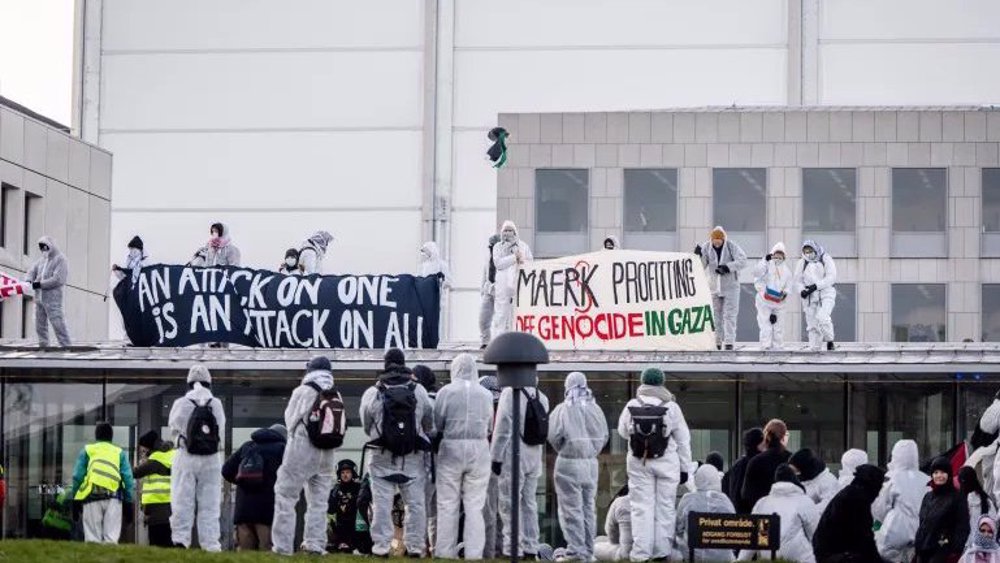
Danish police arrest 20 people protesting to stop military shipment to Israel
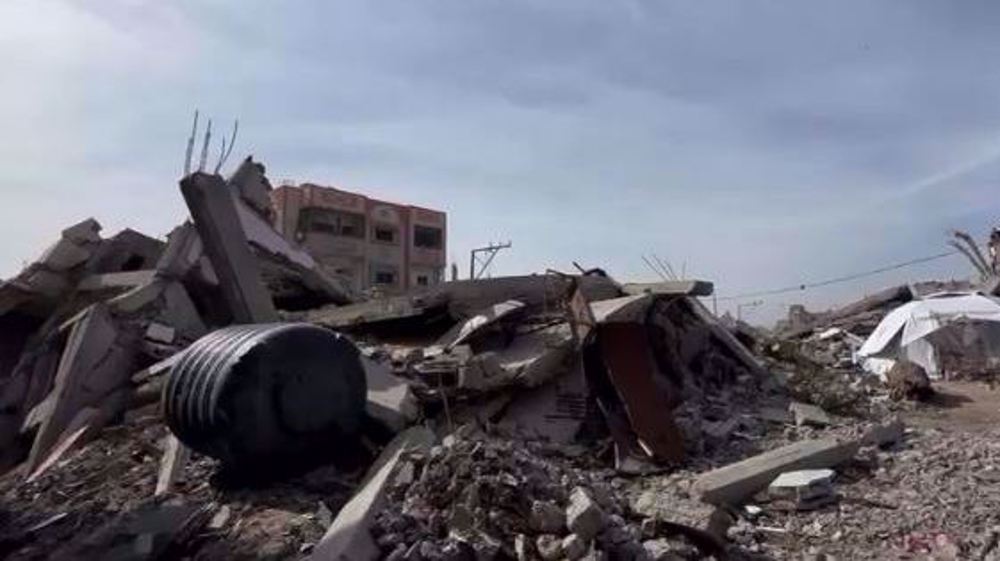
Shocking details of Israeli army’s massacre of 90 civilians from Juha family in Gaza
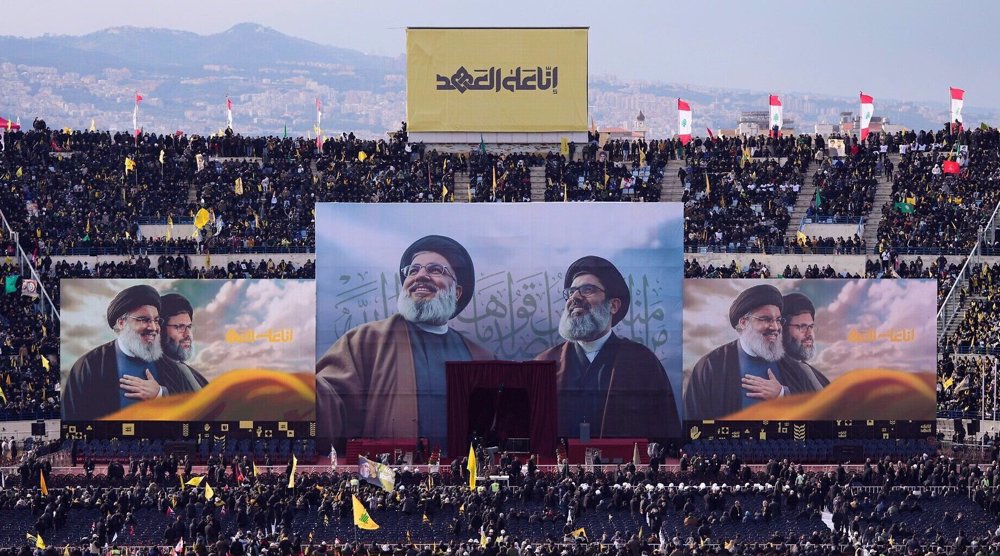
Nasrallah shattered myth of Israeli military’s invincibility: Top Yemeni official
Hezbollah's display of power proved resistance cannot be eliminated: Iran parl. speaker
Israel escalates West Bank raids as official says regime seeking to complete Gaza genocide
Australian senator smeared by anti-Iran groups for saying Iranian women 'have a voice'
Palestinian man dies in Israeli prison as Foreign Ministry urges intl. probe into regime’s crimes
Putin says not opposed to Europeans’ involvement in Ukraine talks
VIDEO | Iranian Kurdish protesters demand European action against PKK, PJAK terror
VIDEO | Israel expands offensive in northern West Bank, deploys tanks to Jenin
VIDEO | Spaniards fill streets of Cádiz in solidarity with Palestine


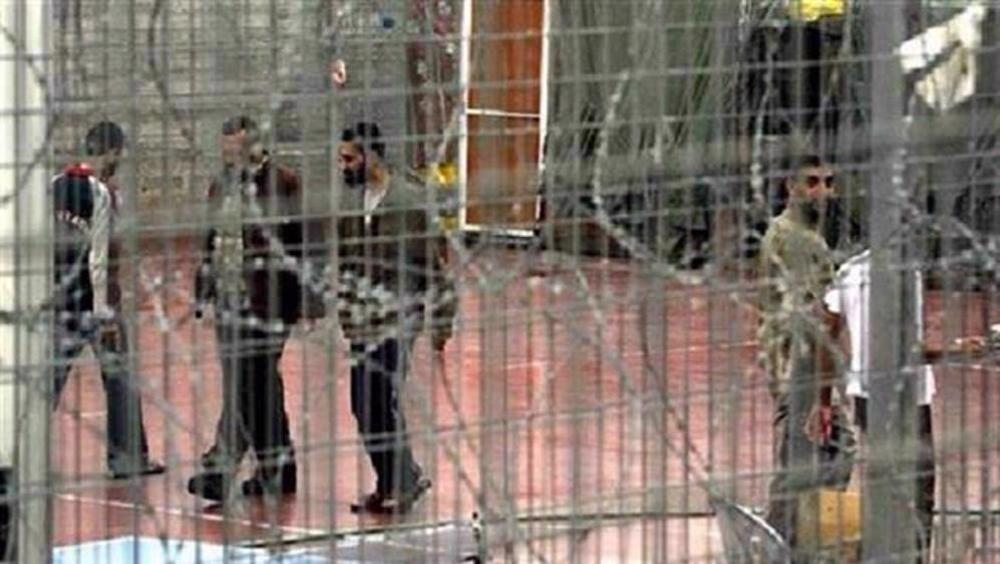
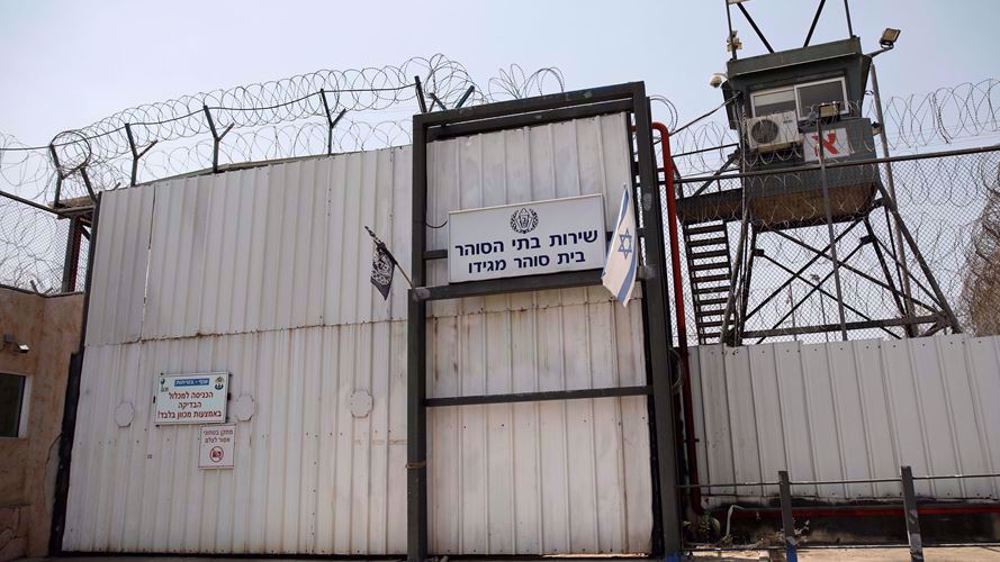

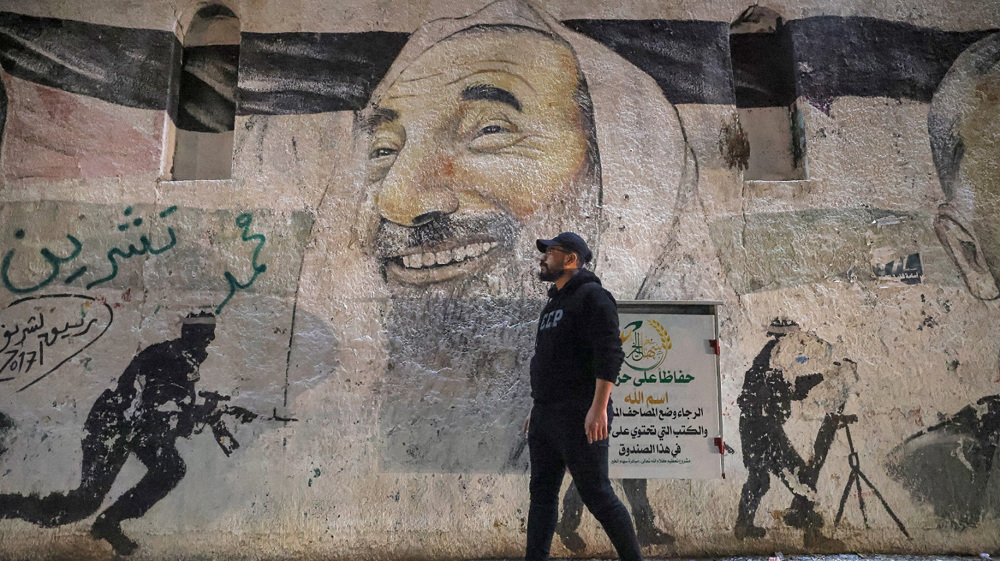
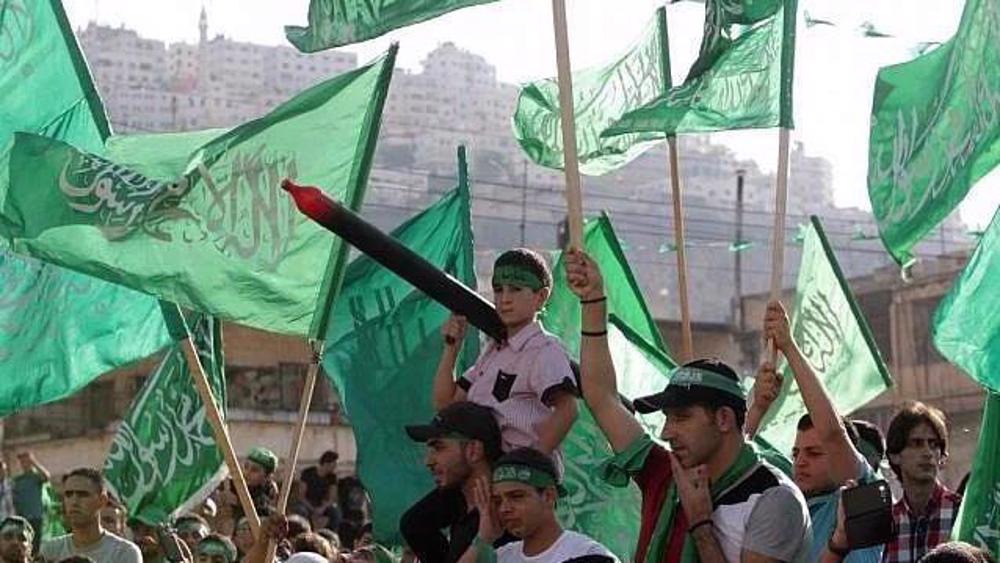



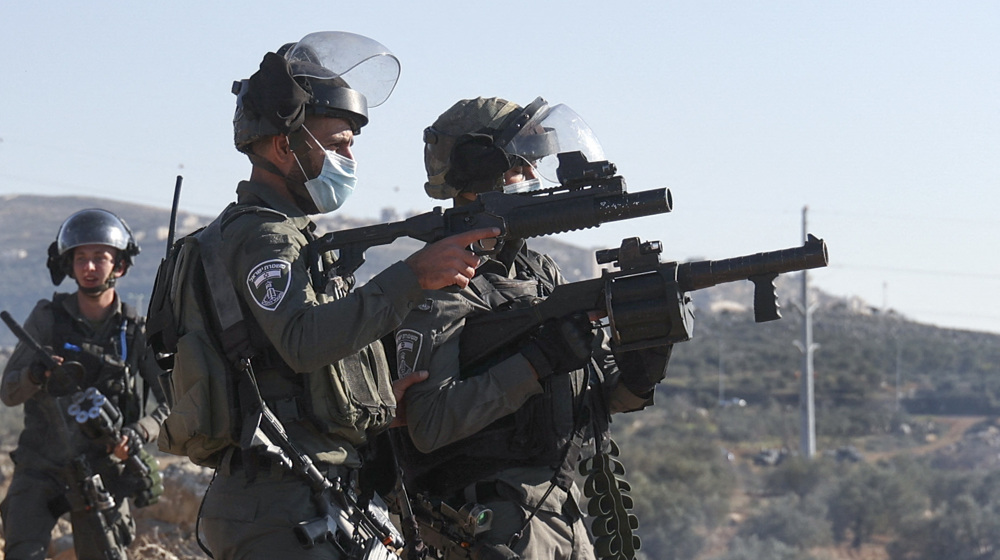
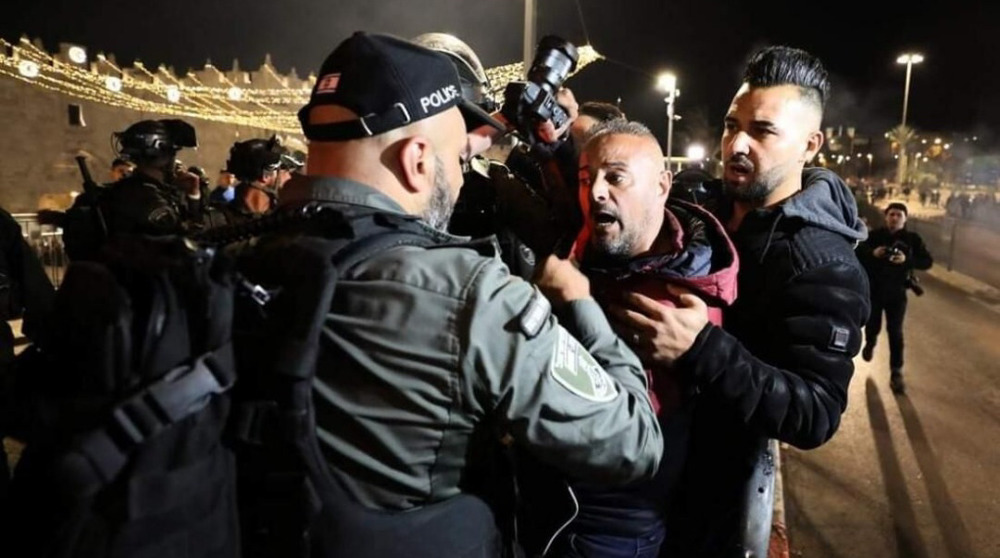
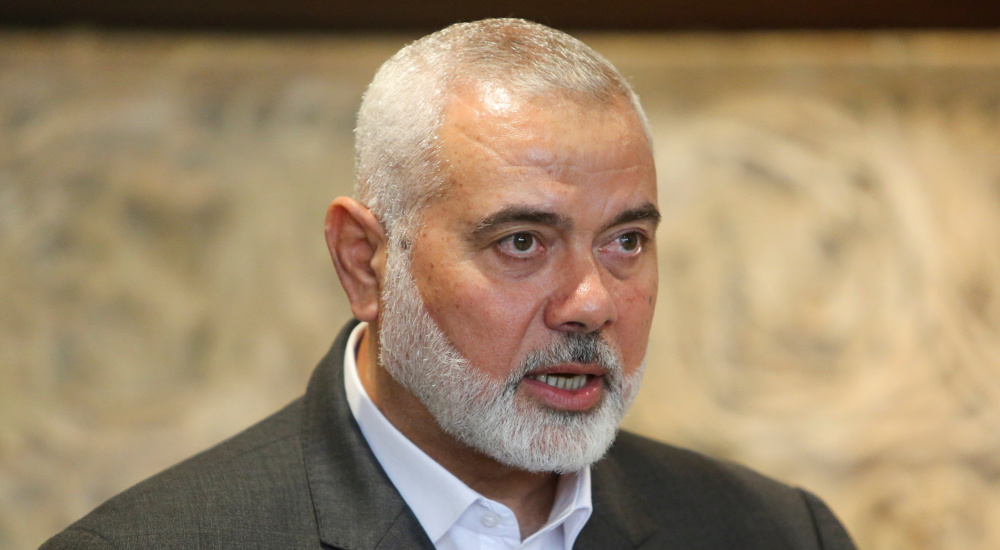
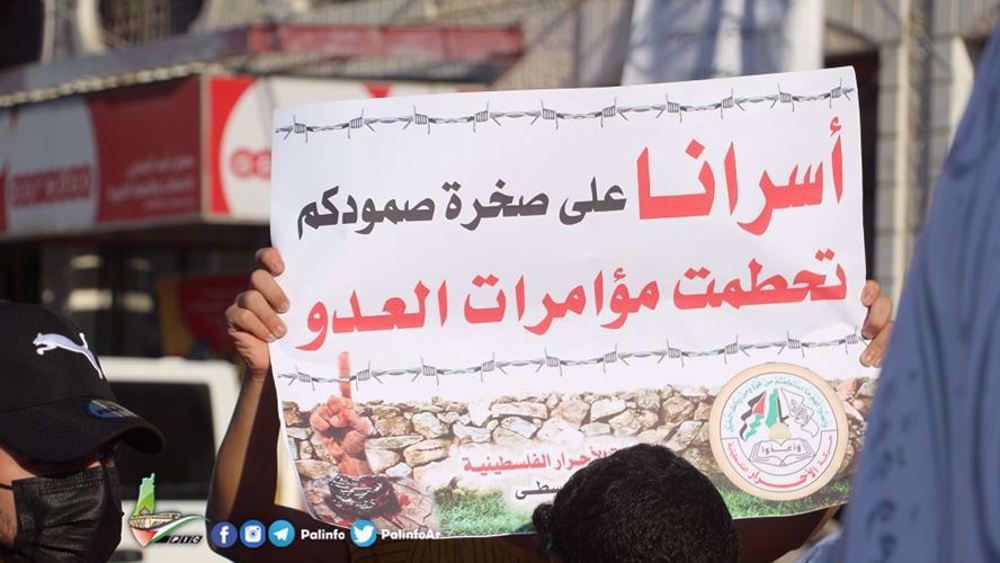
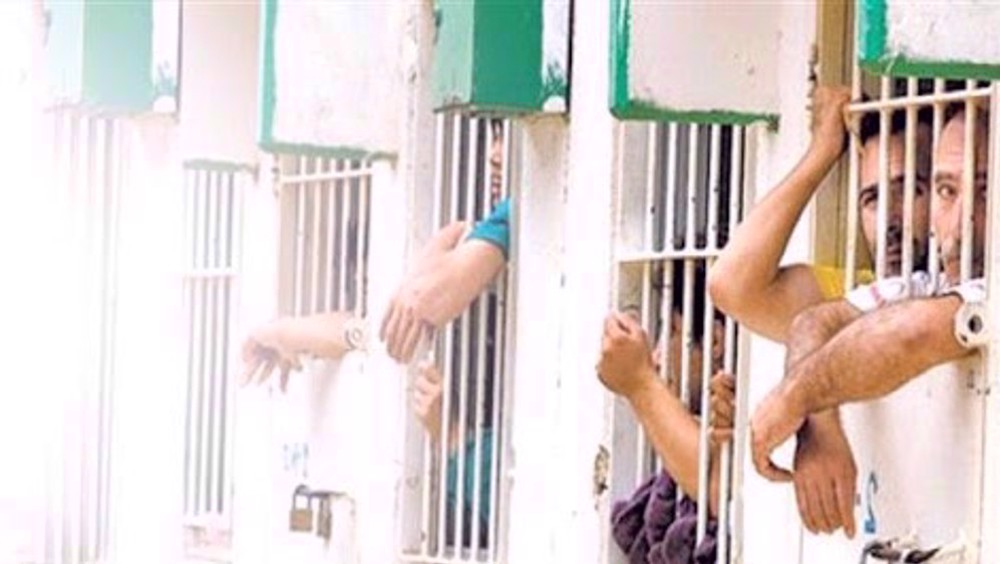
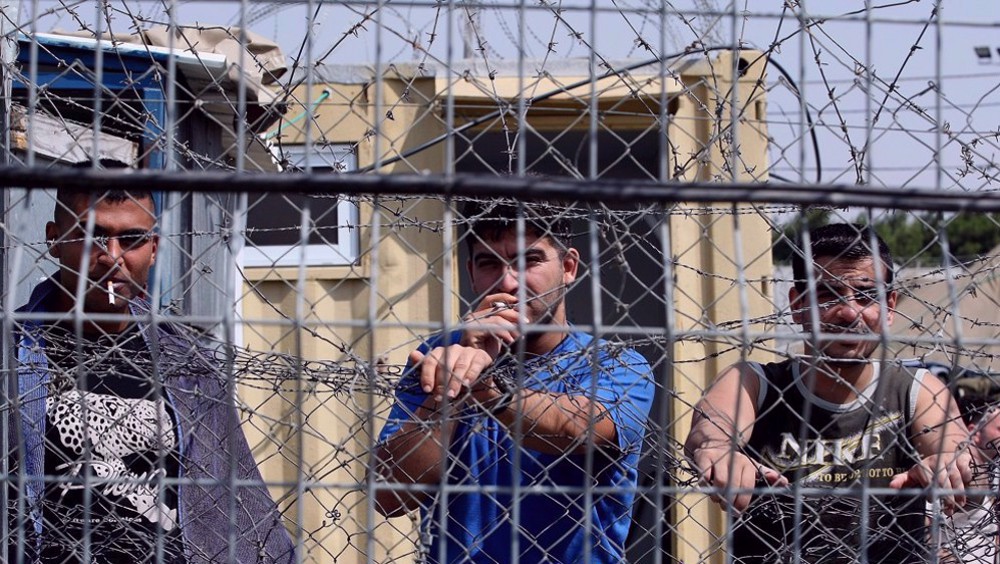
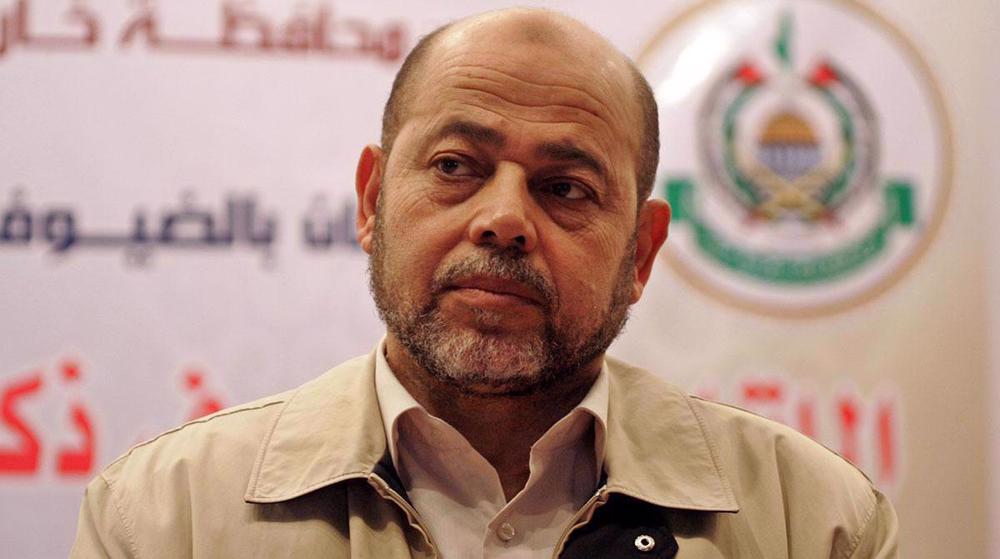
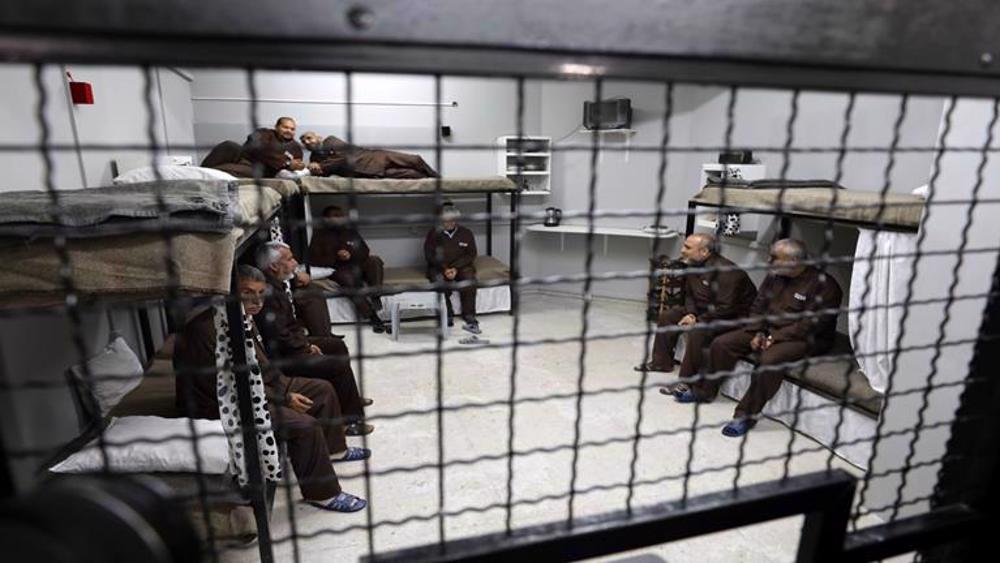
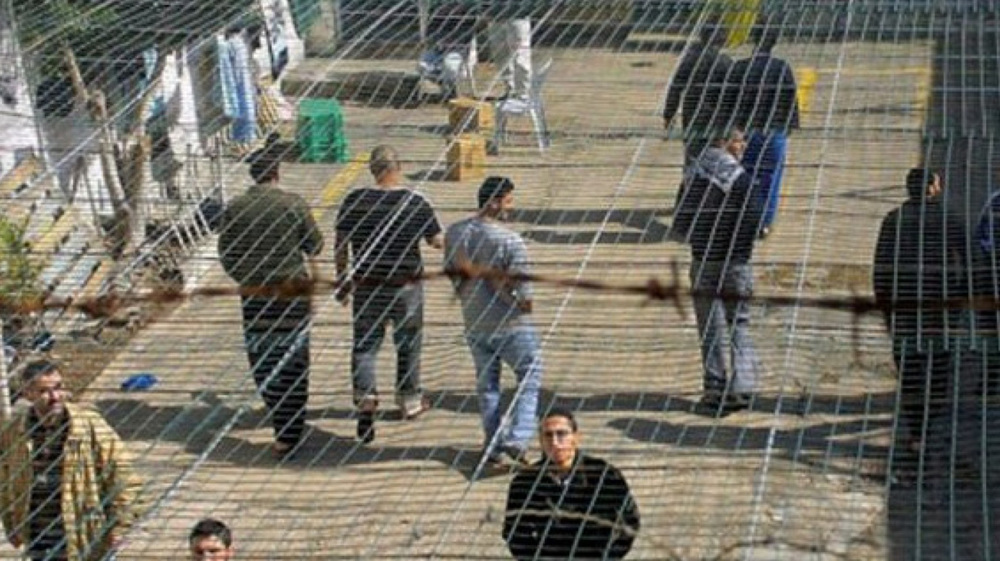

 This makes it easy to access the Press TV website
This makes it easy to access the Press TV website